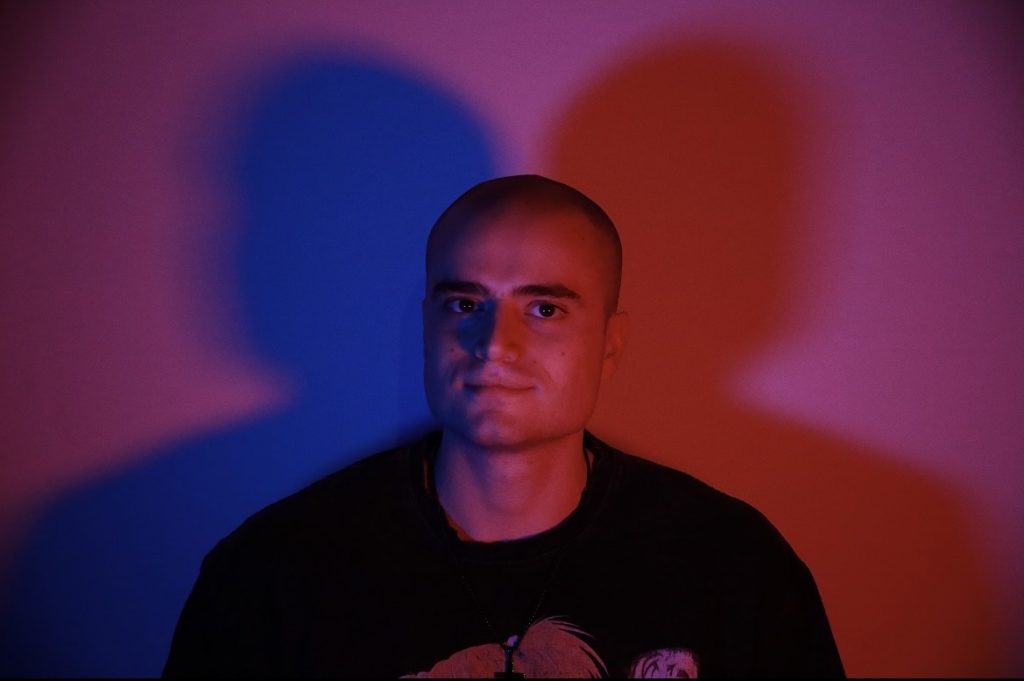I love comic books with all my heart. Heroes like Superman, Batman and Spider-Man are pillars of modern popular culture that define their genre. What stands out to me, however, is the indie scene — series that aren’t a part of a huge conglomerate corporation, like Marvel or DC and choose to carve their own path. An indie comic that has received a small yet loyal fan base is that of Scott Pilgrim, an action-drama comic written and drawn by Bryan Lee O’Malley from 2004 to 2010. This comic is a blast for many reasons, but the first and foremost reason is the main man, Scott Pilgrim.
Scott is such a head-scratcher of a main character. He is a tough character to describe in only a quick sentence, as one can do with most classic comic book heroes. For example, Superman is a morally righteous Boy Scout. Spider-Man is a humorous everyman who always does the right thing. Scott Pilgrim? Let’s see. He’s a 23-year-old, jobless, nerdy couch surfer who is sometimes a good person, sometimes a lazy jerk and sometimes a selfish, narcissistic, cheating scumbag. Quite a character synopsis, eh?
While Scott is at first a very unlikable protagonist, this facet of his character is what makes his journey so entertaining. Early on in the story, Scott meets Ramona Flowers, a girl he falls in love with. Unfortunately, he is currently dating another girl. Yeah. As mentioned earlier, Scott’s moral compass is not exactly pointing north. He pursues her, and in order to date her, Scott must fight and defeat her seven evil exes. That’s the whole story, and through this strange setup, the audience sees Scott change his very character from a selfish narcissist to a man who wants to learn from his mistakes. This journey makes Scott an incredibly compelling character.
Unlikable protagonists are challenging to create. Most of the characters in this story aren’t fans of Scott to begin with. On one hand, a writer wants their protagonist to be compelling and liked by the reader. But on the other hand, when a character is unlikable, it can turn audiences away from the work. It’s a tough situation, but it’s worth it in the end if the writer is skilled enough to make a nuanced character that has glaring flaws but has bits of themselves that can be gleaned in a positive light by the audience. Scott, as mentioned earlier, is a chronic cheater and a liar, but he also has his moments. He’s a witty, physically capable guy who can get the job done when he wants to.
When Scott isn’t trying to win fights or get a new girlfriend, he is usually doing something nerdy. Scott will make a bevy of references to video game series, music bands and pop culture stuff that, no doubt, O’Malley loves. You can feel it when you read the series. Context is incredibly important here too. In 2004, while more pop-culture series like Spider-Man were slowly becoming more mainstream, other ones were not. Scott references series like Mario, Final Fantasy and Dragon Quest, which nowadays may sound familiar to some, but back then, referencing series in this fashion was just not done. That’s what gives this comic a special feeling. It’s all done by O’Malley. He doesn’t have a publisher telling him what he can or can’t do.
He puts his own interests and love into this series that he loves. The reader can feel that just by reading a couple of pages. His love of the medium is almost as powerful as Scott’s character arc. As he fights more and more of Ramona’s exes, he starts to ponder if this is all worth it. Ramona and he both have their own set of glaring red flags and, just like any relationship, they both question if it’s all for naught. Scott and Ramona are the same after all. They aren’t inherently bad people, just people who fail to learn from their selfish mistakes.
The series ends on a beautiful note. After all the lying, after all the fighting and after all the leaving, Scott and Ramona reunite. They may as well be different people. They hold each other’s hands and agree to try again. Both of these people have treated their past lovers terribly. They have continued to do so for a long time. After meeting each other and going through hell together, they both realize that, as adults, they must do better. So they fly away into the proverbial sunset. Scott Pilgrim isn’t a hero. He’s just a person like you or me who makes mistakes and tries to learn from them. What’s more human than that?
Nicolas Scagnelli is a senior majoring in English.



